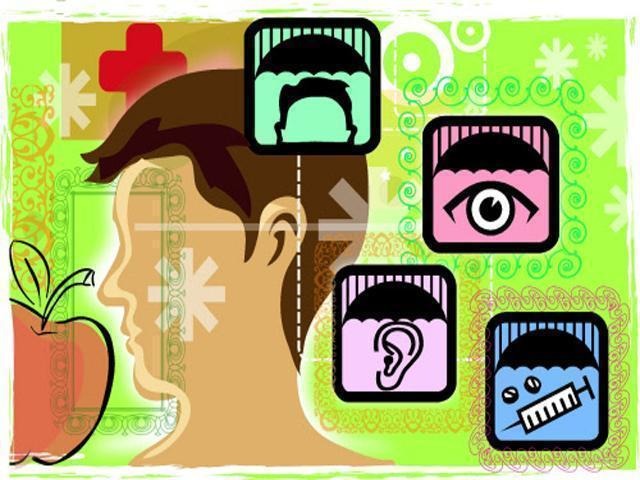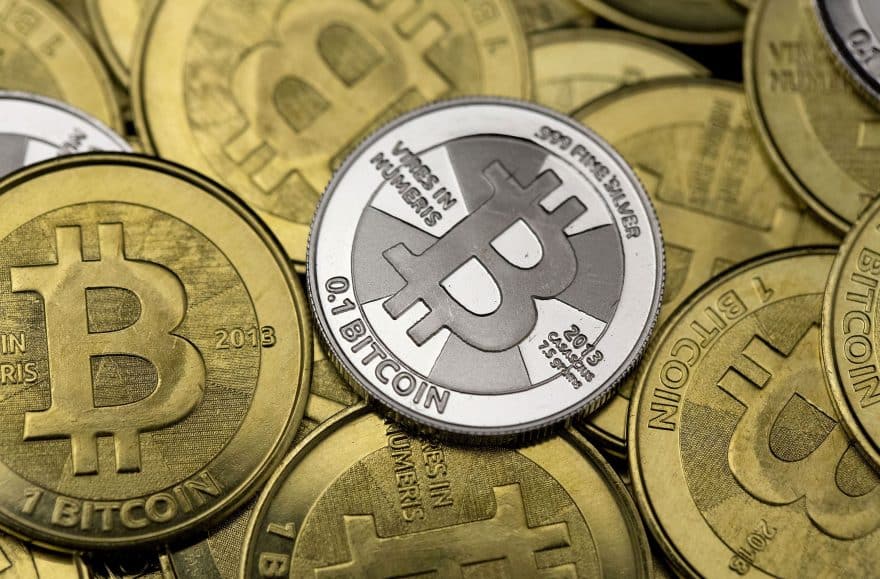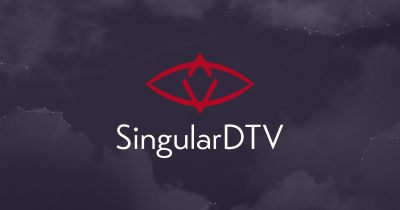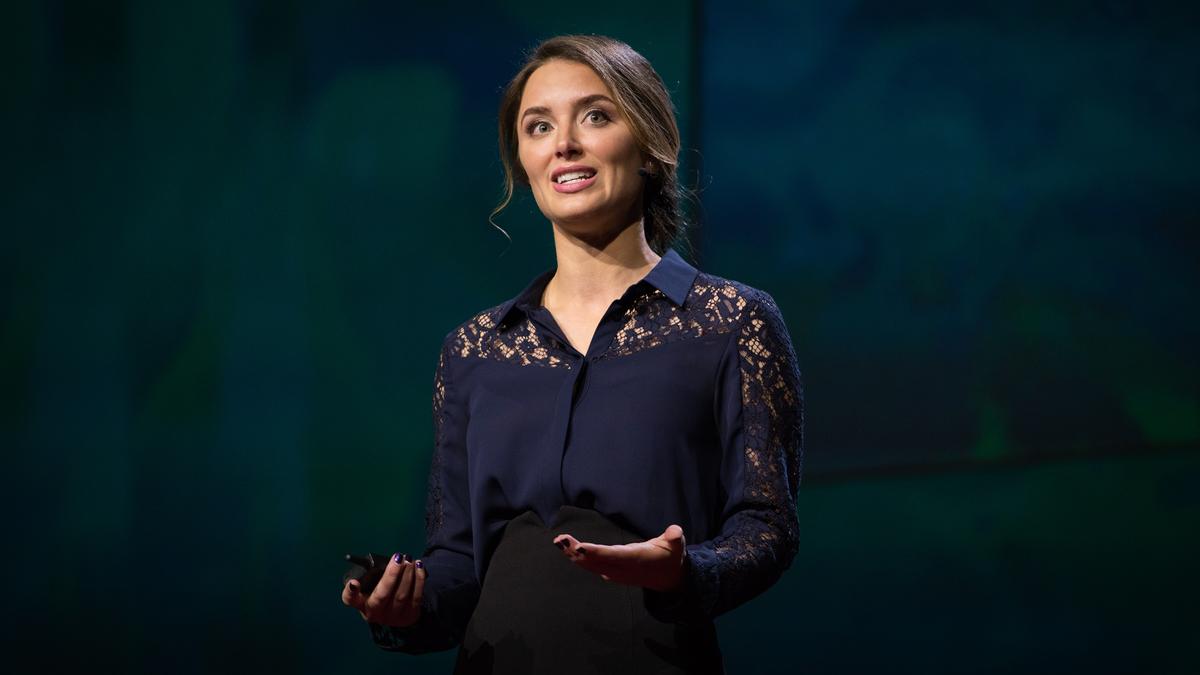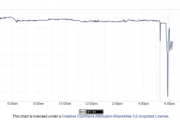Personalized medicine is on the rise – with people tracking and gaining more information about their health than ever before.
A long-standing focus on compliance has, in essence, limited the development of even the baseline changes in the current Electronic Health Records (EHRs). Today, we face the dire need to innovate solutions that function effortlessly as data science prompt patients to engage in the details of their healthcare and restore agency over their medical data.
In the current scenario, personalized medicine is on the rise – with people tracking and gaining more information about their health than ever before. However issues arise when all this data need to be stored securely and transferred across healthcare practitioners to foster collaboration. While blockchain can help with these, is still at a very early stage requiring education around use-cases that can benefit from it, unlike in finance where it is becoming a worldwide phenomenon.
Historically, EHRs were never designed to manage multi-institutional, life time medical records. Patients leave data scattered across various organizations as life events take them away from one provider’s data silo and into another. This lack of a well-coordinated data management system results in the fragmentation of health records.
The global market for IoT healthcare tech will top $400 billion in 2022. Blockchain-enabled solutions have the potential to bridge the gaps of device data interoperability while ensuring security, privacy and reliability around use cases. Source
Blockchain can enable for the first time the long sought longitudinal health record that contains every episode of care from childhood to old age in every location healthcare was delivered. This capability would radically reduce medical errors and improve care quality as well as empower individuals to have full control over their own health records.
Source/More: Need to secure health records with Blockchain : Ritesh Gandotra, Health News, ET HealthWorld

